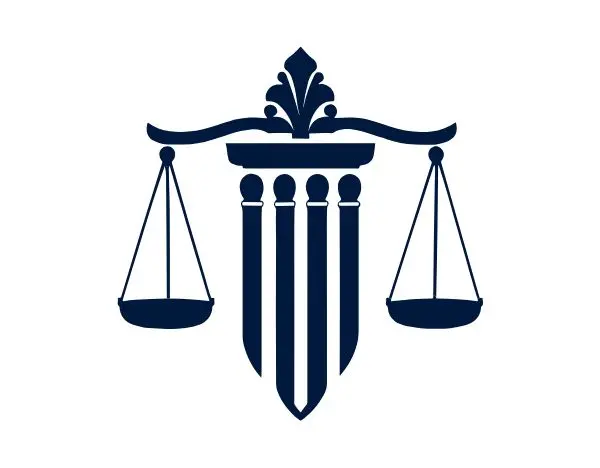As a business owner, you may have utilized the Paycheck Protection Program (PPP) to keep your company afloat during the COVID-19 pandemic. However, the federal government has been increasingly scrutinizing PPP loan recipients, leading to audits and criminal investigations. If you're facing allegations of misusing PPP funds, it's crucial to act swiftly and secure a strong legal defense.

PPP loan fraud occurs when a business owner or individual makes false statements or misuses funds obtained through the Paycheck Protection Program. This program, established under the CARES Act, was designed to help businesses weather the economic impact of the COVID-19 pandemic. However, with billions of dollars distributed, the federal government has implemented strict oversight and enforcement efforts to identify fraudulent activity.
When a person is accused of PPP loan fraud, the consequences can be severe. Federal prosecutors may charge individuals with a range of serious criminal offenses, each carrying substantial penalties. Understanding the potential criminal liability associated with PPP loan fraud is crucial for anyone under investigation.
This includes providing inaccurate information about the number of employees, payroll costs, or business operations to secure a larger loan than you are entitled to. False statements can lead to charges of fraud against the Small Business Administration (SBA).
PPP loans must be used for specific purposes, such as payroll, rent, or utilities. Using the loan for personal expenses or unauthorized business costs can result in allegations of misuse of federal funds.
Some individuals have been accused of applying for PPP loans using false identities or creating fictitious businesses to defraud the government. Identity theft and misrepresentation are serious offenses that carry additional penalties.
The government requires supporting documents, such as payroll records and tax forms, during the PPP loan application process. Submitting falsified documents can result in criminal charges for forgery or filing false claims.
Overstating the number of employees or inflating payroll expenses to maximize the loan amount is another common form of fraud, leading to potential charges of wire fraud or bank fraud.
If convicted of PPP loan fraud, the penalties can vary depending on the specific charges and circumstances of the case. Below are the common charges and the corresponding criminal liabilities:
Wire Fraud (18 U.S.C. § 1343)
Bank Fraud (18 U.S.C. § 1344)
Making False Statements to a Federal Agency (18 U.S.C. § 1001)
Conspiracy to Commit Fraud (18 U.S.C. § 371)
Aggravated Identity Theft (18 U.S.C. § 1028A)
Money Laundering (18 U.S.C. § 1956)
Additional Consequences
In addition to the criminal penalties, a conviction for PPP loan fraud can also lead to:
If you're being investigated for PPP loan fraud, you need an experienced attorney who understands federal criminal law and the complexities of the CARES Act. At Varghese & Associates, P.C., PPP loan fraud defense lawyer team has successfully defended business owners in high-stakes fraud cases. We know how the federal government builds its case, and we use that knowledge to dismantle the prosecution's arguments.
Our defense strategy may include:
Facing PPP loan fraud charges can be overwhelming, but you don't have to face it alone. At Varghese & Associates, P.C., we are committed to providing a robust defense to safeguard your reputation and your livelihood. As seasoned criminal defense attorneys in New York City, we have the experience and tenacity to fight for the best possible outcome.
Contact us today to discuss your case with a dedicated PPP loan fraud defense lawyer. You are innocent until proven guilty, and we will work tirelessly to defend your rights and protect your future.
Attorney Advertising | Prior results do not guarantee a similar outcome. The information on this website is for general information purposes only. Nothing on this site should be taken as legal advice for any individual case or situation. This information is not intended to create, and receipt or viewing does not constitute, an attorney-client relationship. This site is protected by reCAPTCHA and the Google Privacy Policy and Terms of Service apply.